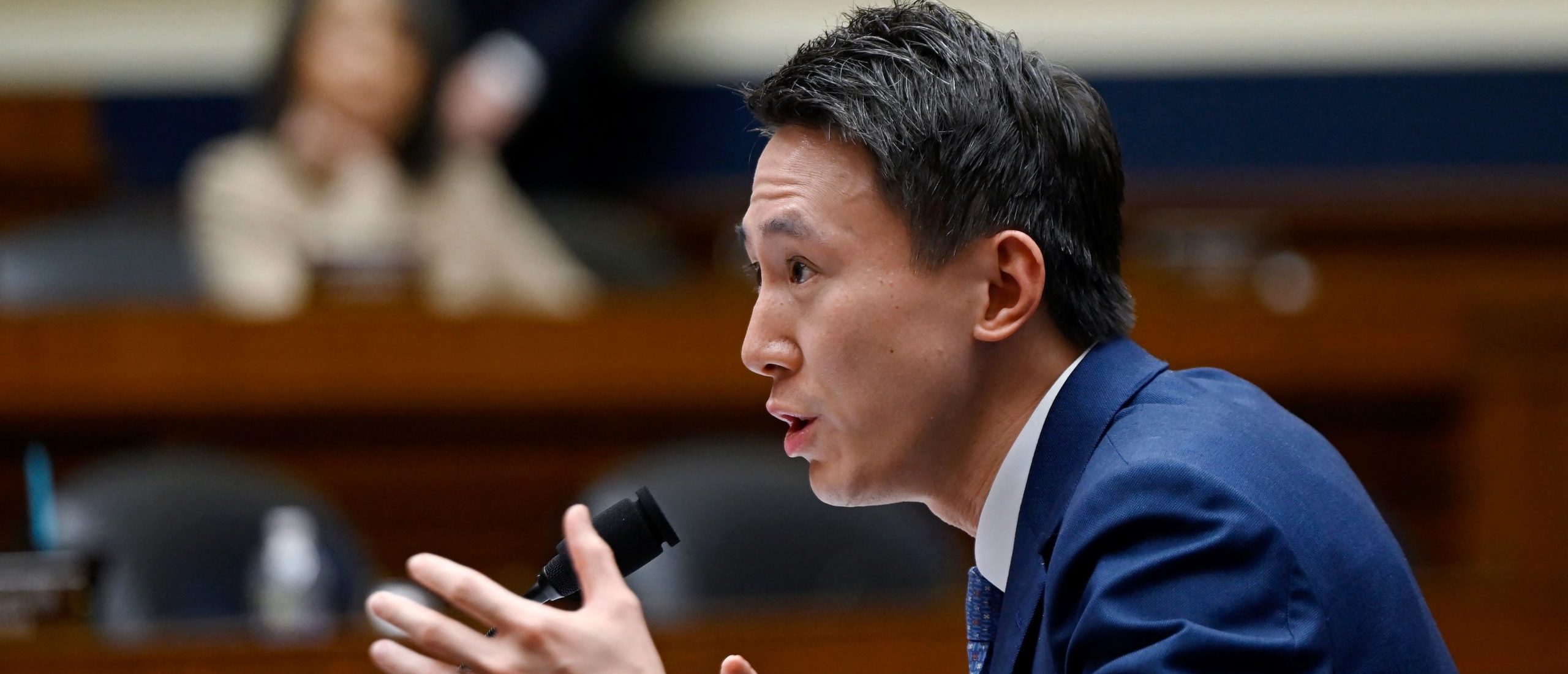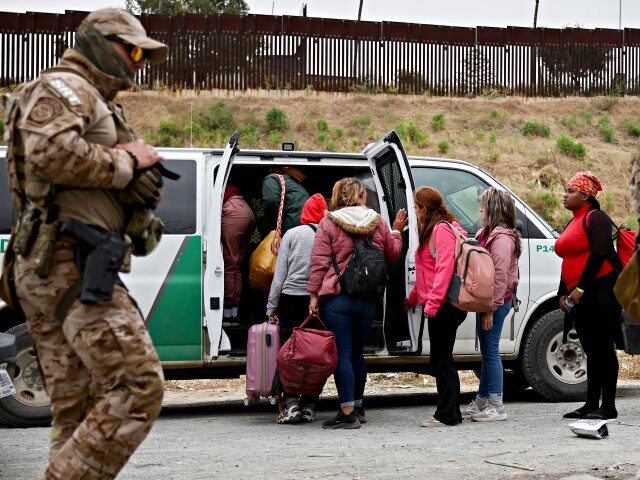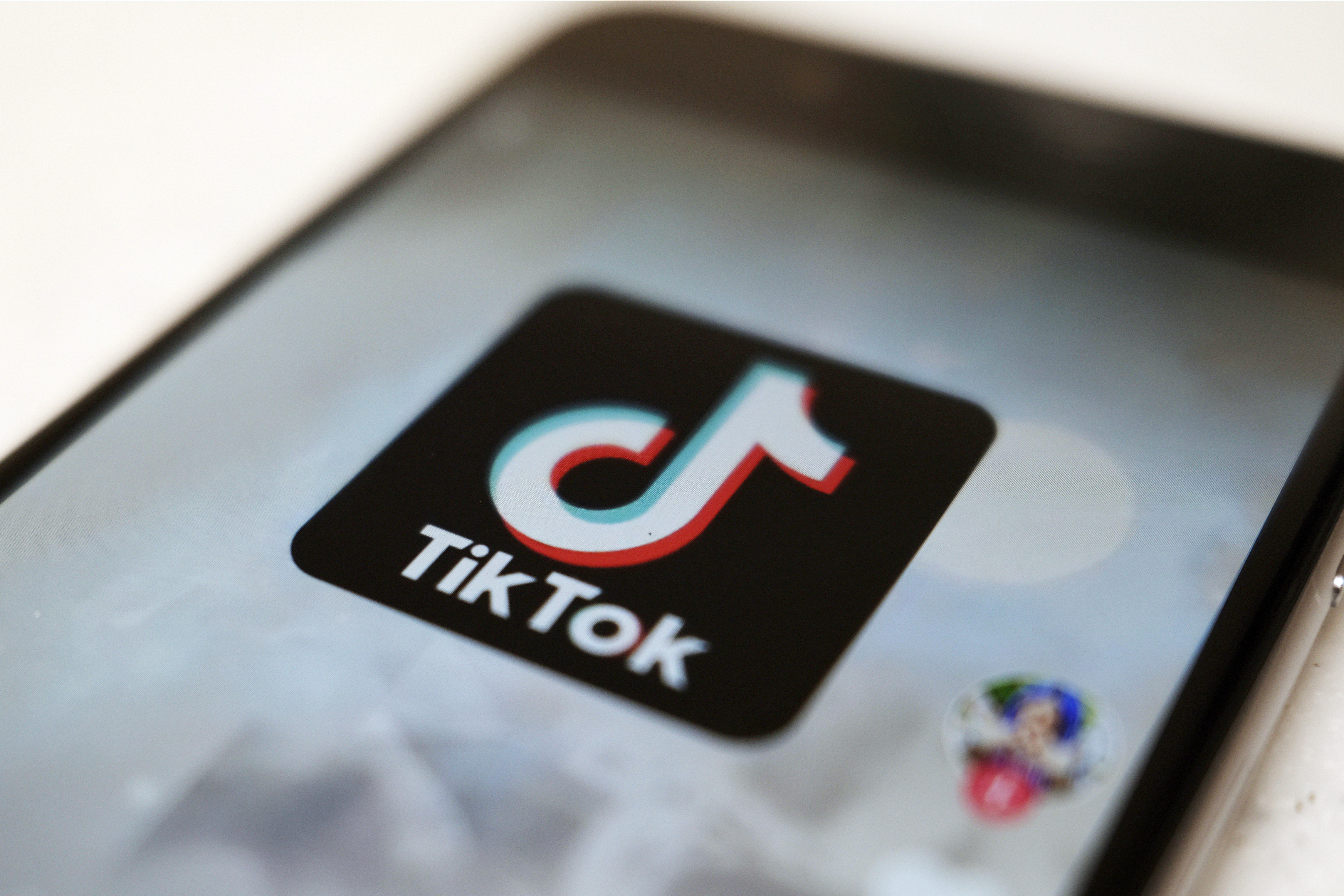TikTok Stored Americans’ Social Security Numbers In China

Forbes obtained records indicating that TikTok had stored in China thousands of TikTok creators and businesses’ financial information, such as Social Security Numbers and tax IDs.
Forbes obtained data showing that TikTok’s CEO Shou Chew testified that TikTok stored American information in Virginia, Singapore and China. However, Forbes obtained data which shows that the platform stores it in China. Forbes reports that creators and businesses provided their data in order to receive payment through the platform, and TikTok then stored it on Chinese servers which employees could access.
Forbes reports that TikTok uses different tools and databases provided by ByteDance – its Beijing-based parent – to process payments for creators and vendors making money on the platform. Forbes reports that this includes many of TikTok’s top creators from the U.S., Europe and Asia.
Forbes reported that it had obtained audio recordings, video screenshots, documents, and other materials labeled as “Privileged Confidential”, and spoken to several sources who were familiar with the issue.
|
Chew said in his March testimony that “the American data was always stored in Virginia and Singapore.” “And engineers around the world can access this data as needed.”
Forbes reported that TikTok’s spokesperson was “confident in the accuracy” of Shou’s testimony.
The New York Times reports that the Chinese government has stolen American personal information in the past, including 2017 when its military hack into credit reporting agency Equifax. Social Security numbers can be used by bad actors to steal identities.
Bryan Cunningham, a former national security attorney for the White House as well as the CIA told Forbes that it might be a case of bad IT practices or that they believed they had a valid business need. “Whatever the nuance, if you are storing information in China you should assume that intelligence services will have access to it if that is what they desire.” It may not be you that they are targeting, but it is highly suspicious.
According to documents obtained by Forbes, ByteDance employees in China use a moderation process that includes word lists to identify and restrict content related to topics like the Chinese government, the Uyghur ethnic minorities, former President Donald Trump, and TikTok’s competitor YouTube. Forbes obtained internal company records that show more than 50 lists have “TikTok’ in their titles, but the company has never used them on its platform.









No Comments